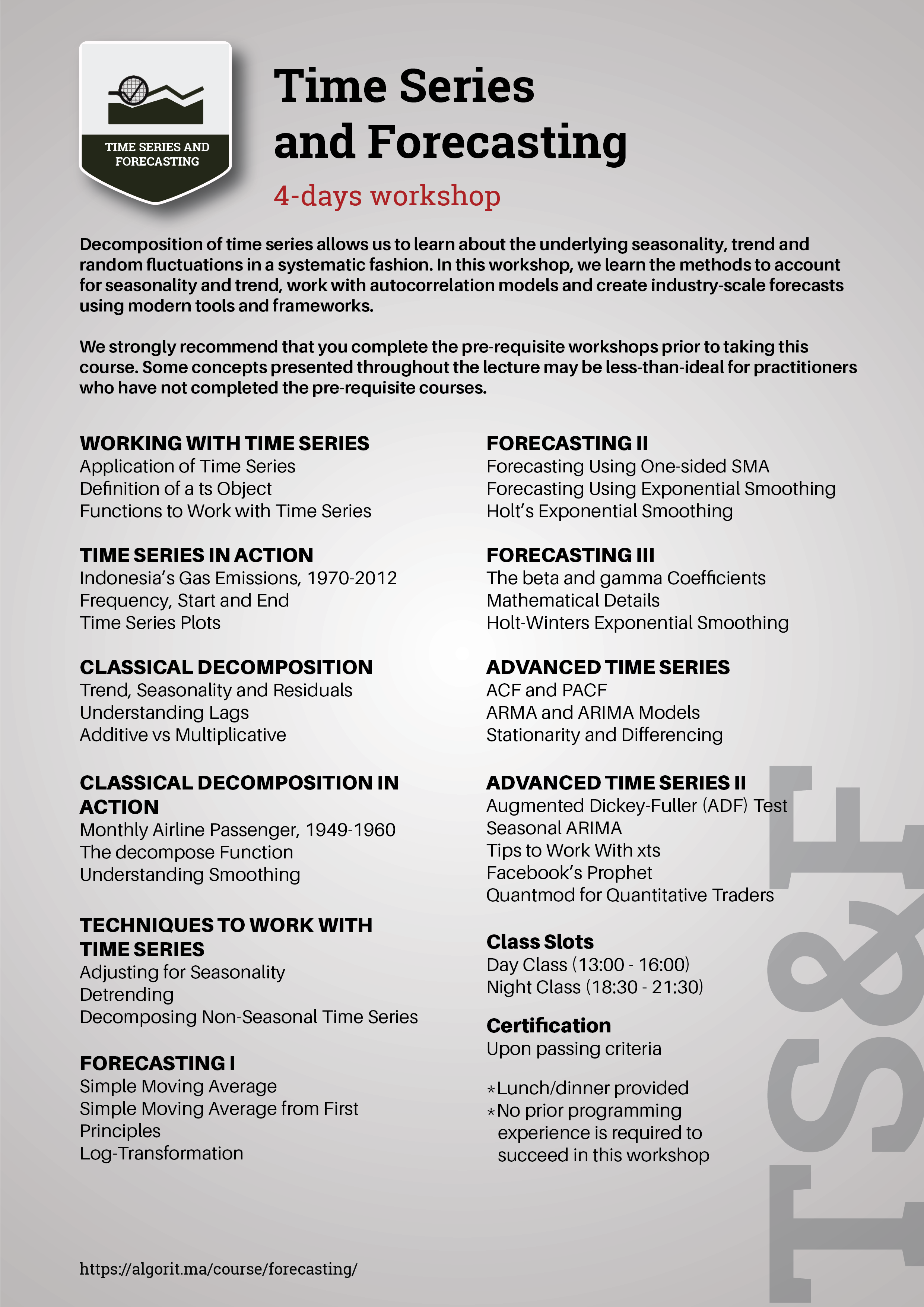Samuel Chan
An RStudio-certified instructor and machine learning practitioner in the field of marketing automation, fraud detection, finance and e-commerce. Samuel is Indonesia’s top-ranked Stack Overflow user in R (top 5% worldwide) for three years running, and boasts certifications from RStudio, Microsoft, MongoDB, Neo4J Database, Stanford University, John Hopkins University, among others.
Prior to Algoritma, he has 8 years of working experience, including a stint as in-house consultant to several public-trading companies from his time staying in China, Japan and Singapore. He is today an active trainer and consultant for various companies in the financial industry. He has guest lectured in various campuses: Binus, NUS (National University of Singapore)’s The Logistics Institute, University of Indonesia, Universitas Gadjah Mada (UGM), Binus, Institute of Technology Bandung (ITB), Telkom University etc. Courses he authored are offered also in Singapore through Ngee Ann Polytechnic.
Samuel is also among the first recipients of Microsoft Professional Program Certificate in Data Science in Southeast Asia, having demonstrated proficiency in R, Python, Microsoft Azure, SQL / T-SQL, PowerBI and a list of other technologies, and among the first to be certified in RStudio’s program. Technical committee member and competition judge on Finhacks 2018, the largest Machine Learning competition of the year organized by PT. Bank Central Asia (BCA) and DailySocial.









